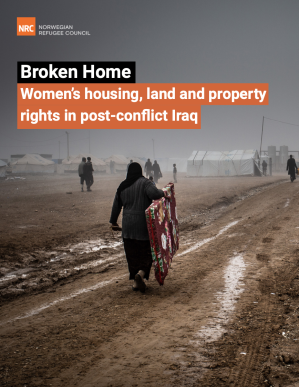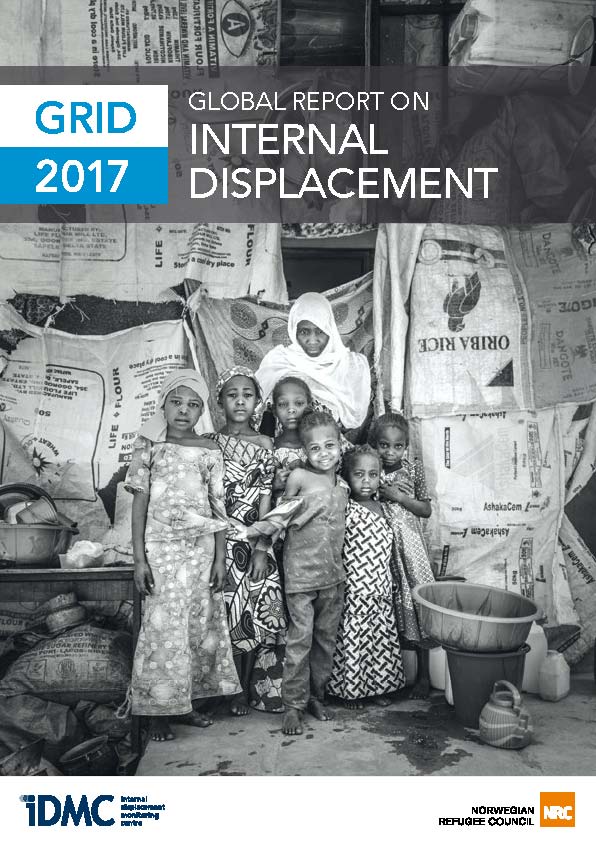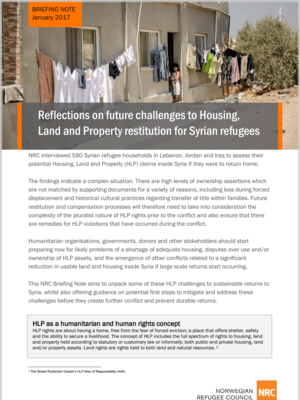The Norwegian Refugee Council (NRC) is an independent, humanitarian, non-profit, non-governmental organisation, which provides assistance, protection and durable solutions to some of the world’s 42 million refugees and internally displaced persons.
With humanitarian assistance programmes in 20 countries, NRC assists people to claim their rights, access available remedies, and recover from the effects of abuse and violations. NRC’s Information, Counselling and Legal Assistance (ICLA) supports beneficiaries in claiming and exercising their rights. ICLA provides information, counselling, legal assistance, collaborative dispute resolution, capacity- building and advocacy activities. An increasingly important area of NRC’s legal aid work supports displaced women as they seek to enforce their housing, land and property (HLP) rights.
Members:
Resources
Displaying 1 - 5 of 48Broken Home: Women's housing, land and property rights in post-conflict Iraq
Hundreds of thousands of Iraqi women displaced by war remain unable to return to their homes because of systemic injustices that prevent them from proving or claiming ownership of their property.
New research by the Norwegian Refugee Council reveals that displaced women in Iraq are much worse off than men: they are 11 per cent more likely to face barriers impeding them from going back home after years of suffering in displacement camps since the end of the war against Islamic State group in their areas of origin.
RESTITUTION IN MYANMAR
Housing, land and property rights are fundamental human rights and a global advocacy priority for
the Norwegian Refugee Council. The restitution of housing, land and property rights after conflicts
and periods of non-democratic governance are fundamental aspects of transitional justice which
are essential for the achievement of durable solutions to forced displacement, and to broader
concerns of peace, reconciliation and economic prosperity. The NRC Country Office in Myanmar
An Introductory Guide to Understanding and Claiming Housing, Land and Property Restitution Rights in Myanmar: Questions and Answers”.
... The restitution of housing, land and property rights after conflicts
and periods of non-democratic governance are fundamental aspects of transitional justice which are
essential for the achievement of durable solutions to forced displacement, and to broader concerns
of peace, reconciliation and economic prosperity. The NRC Country Office in Myanmar considers it
necessary and positive to increase attention to raise public awareness on international standards on
Reflections on Future Challenges to Housing, Land and Property Restitution for Syrian Refugees
NRC interviewed 580 Syrian refugee households in Lebanon, Jordan and Iraq to assess their potential Housing, Land and Property (HLP) claims inside Syria if they were to return home.





